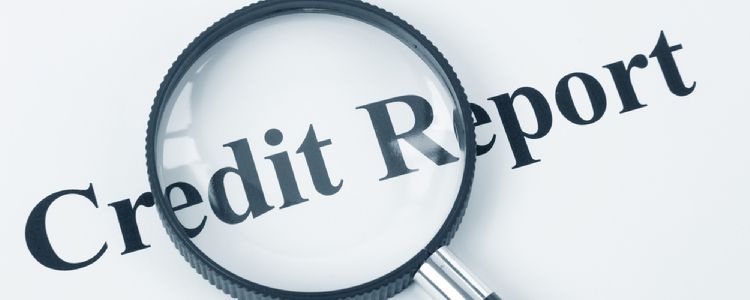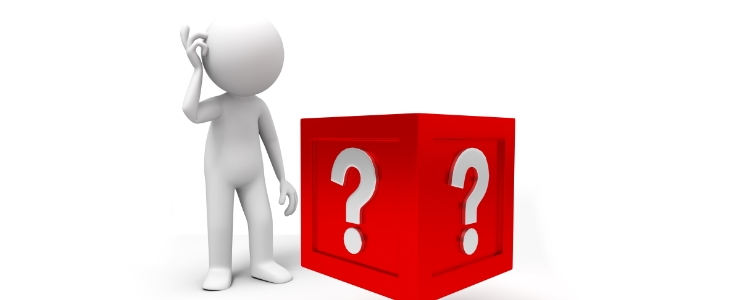If you fail to make timely monthly payments on accounts such as a credit card for 90 days or longer, a lender could send your account to collections. In many states, if your car is repossessed, the lender can also send the account to collections for the deficiency balance (the difference between the amount the vehicle is sold for at auction and what you owe on your loan). Regardless of why your accounts were sent to collections, it impacts your credit score. But the good news is you can take steps to rebuild your credit, starting by making all your monthly payments on time.
How Long will a Collection Affect My Credit Score?
Collections remain on your credit reports for seven years. Although the first few years after having a collection reported negatively impacts your credit score heavily, the impact lessens as time passes. As for how big of an impact a collection makes, it depends on your credit score and if the collection was paid.
If you had good to excellent credit, say a score above 700, you could see a drop of anywhere from 90 to 110 points, according to myFICO. If you started with a credit score in the 600s, you could see a 60- to 80-point drop. The average recovery time to bring your score back up is about three months, but if you have multiple collections listed, or never paid the collection, a recovery could take longer.
One way you can manage multiple collections or delinquencies is by settling your debt. Debt settlement happens when your creditor agrees to let you pay a portion (anywhere from 25 to 75 percent) of your debt instead of the full amount. In order to settle debt, you have to prove to the creditor that you can’t repay the full amount. Debt settlement is a good option for people who have unexpected financial struggles, but not everyone can qualify.
Tips to Help Rebuild Your Credit
Your credit score changes every day, and it isn’t going to improve overnight. If you’re stuck dealing with a delinquency such as a collection account, you may be wondering what you can do to speed up the credit building process.
While everyone’s situation differs, there are three tips you can use to help improve your credit score over time:
- Check your credit reports – Know what’s on your credit reports and make sure everything is accurate. You’re entitled to a free copy of your credit reports every 12 months from each of the three major credit bureaus: Equifax, Experian, and TransUnion. It’s possible a credit bureau mistakenly listed a negative mark, and if you notice a mistake, you can dispute it and have it removed.
- Continue making payments – Keep up with all of your monthly bills. Your payment history makes up 35 percent of your FICO score, and as long as you continue to pay your bills on time, you should see your credit score improve.
- Consider adding credit – This may seem counterintuitive, but adding a new line of credit can actually help you improve your credit score. Your credit utilization increases, and as long as you make on-time payments each month on the new line of credit, you can expect your score to go up.
Need Help Finding Financing?
It’s important you’re up to date on all of your monthly bills. Just one missed payment could cause the account to be sent to collections and hurt your credit score. Recovering from a delinquency, or even multiple delinquencies, can make buying big-ticket items such as a car seem like an impossible task. Luckily, at Auto Credit Express, we can help you get started toward auto financing.
We work with dealerships across the country that specialize in helping borrowers in unique credit situations get financed for the vehicles they need. Start the process right now by submitting our easy and secure car loan request form.
















